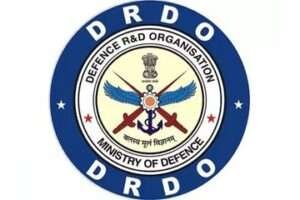Conviction Based On Disclosure Statement Can Be Sustained Only When Resultant Recovery Is Unimpeachable
Case: Bijender @ Mandar vs State of Haryana
Coram: CJI NV Ramana, Justices Surya Kant and Hima Kohli
Case No.: CrA 2438 OF 2010
Court Observation: It may not be wise or prudent to convict a person only because there is rampant increase in heinous crimes and victims are often reluctant to speak truth due to fear or other extraneous reasons. The burden to prove the guilt beyond doubt does not shift on the suspect save where the law casts duty on the accused to prove his/her innocence. It is the bounden duty of the prosecution in cases where material witnesses are likely to be slippery, either to get their statements recorded at the earliest under Section 164 Cr.P.C. or collect such other cogent evidence that its case does not entirely depend upon oral testimonies.
Firstly, the High Court and the Trial Court failed to take into consideration that the testimony of ASI Rajinder Kumar (PW14) exhibited no substantial effort made by the police for conducting the search of the residence of the Appellant in the presence of local Page | 11 witnesses. The only independent witness to the recovery was Raldu (PW8) who was admittedly a companion of the Complainant. Secondly, the Complainant (PW4) as well as Raldu (PW8), have unambiguously refuted that neither the passbook, nor the ‘red cloth’ was recovered from the possession of the Appellant, as claimed in his disclosure statement. Thirdly, while the Complainant (PW4) negated his signatures on the recovery memo (EX. PD/2), on the other hand, Raldu (PW8) also neither enumerated the recovery memo (Ex. PD/2) in the catalogue of exhibited documents, nor did that he affirm to having his endorsement. Fourthly, the recovered articles are common place objects such as money which can be easily transferred from one hand to another and the ‘red cloth’ with ‘Kamla’ embossed on it, as has been acceded by the Investigating Officer, Rajinder Kumar (PW14), can also be easily available in market. Fifthly, the recovery took place nearly a month after the commission of the alleged offence. We find it incredulous, that the Appellant during the entire time period kept both the red cloth and the passbook in his custody, along with the money he allegedly robbed off the Complainant. Page | 12 Sixthly and finally, there is no other evidence on record which even remotely points towards the iniquity of the Appellant.
[doc id=11869]
Previous Posts
If Transfer Of Employee Results In Changing Conditions Of Service, Section 9A Of ID Act Will Be Applicable: Supreme Court Download Judgement




